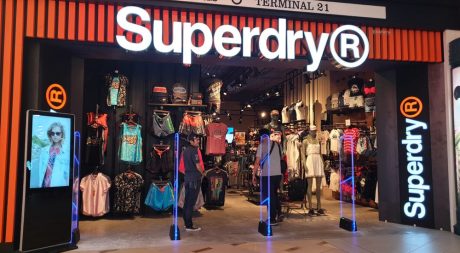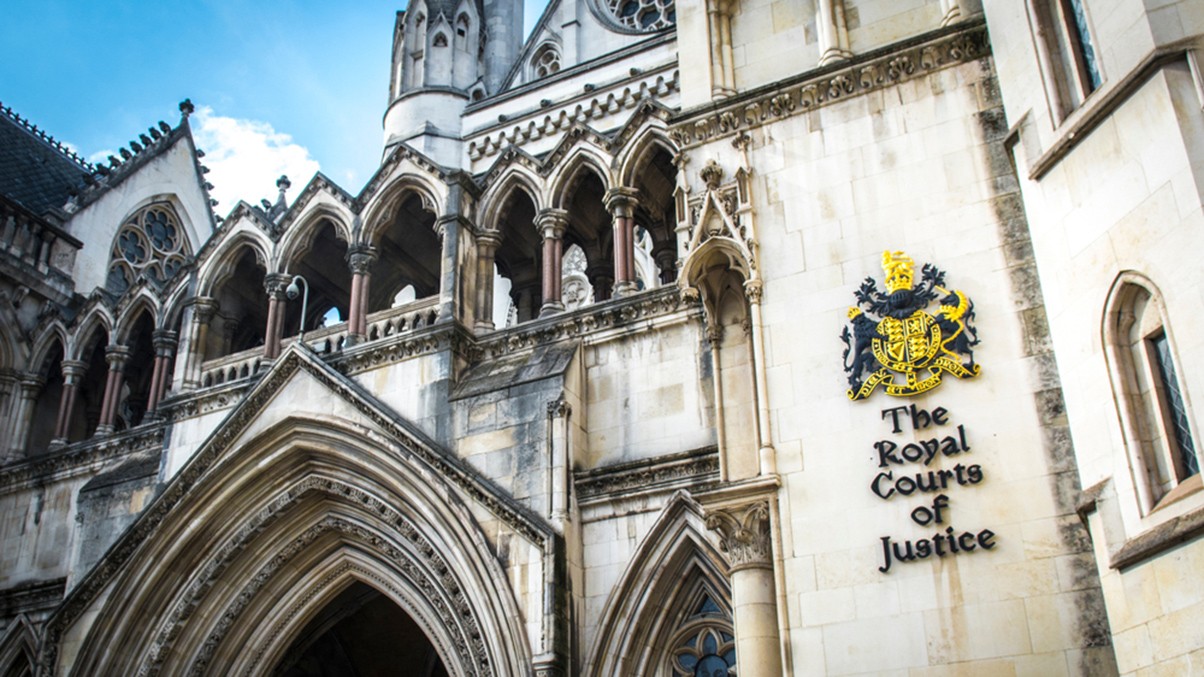The first reported compulsory mediation order has been made following a landmark decision by the Court of Appeal, which stated that the court has the authority to order parties into alternative dispute resolution, such as mediation. In this article, trainee solicitor Ronan D’Cruz reviews the case behind this first compulsory mediation order.
KH Retail Limited, C-Retail Limited, Supergroup Internet Limited, Superdry Plc v City Football Group Limited [2024] EWHC 3231 (Ch) involved a trademark dispute between the owners of the well-known fashion brand Superdry and City Football Group Limited, which owns the Premier League club Manchester City. The hearing was a pre-trial review in a shorter trials scheme case, and Mr Justice Miles granted Superdry’s application for a compulsory mediation order.
Background
In Churchill v Merthyr Tydfil County Borough Council [2023] EWCA Civ 1416, in which Stewarts’ Elaina Bailes and Matt Caples acted pro bono for three intervenors, the Court of Appeal determined that the court has the power to order unwilling parties to engage in alternative dispute resolution.
Following this, Civil Procedure Rule (CPR) 1.4 was amended in October 2024 to allow the court to expressly order alternative dispute resolution (“ADR”) as part of the overriding objective.
Superdry’s arguments
Superdry argued that these changes to the CPRs amounted to a recognition of a “sea-change” in the approach from the courts with respect to ADR. It also argued that part of the “overriding objective” was to ensure that the court’s resources are properly allocated not just to the parties but to other court users as well.
It maintained that the dispute was capable of resolution; the case was not particularly complicated and there were several variables in the dispute between the parties that might allow an out-of-court compromise (and that might not be available in a court judgment).
There had been unsuccessful settlement negotiations, but Superdry felt that a one-day mediation could allow the parties to avoid incurring significant costs by taking the matter to trial. City Football Group argued that it was entitled to judicial determination of the issue and that settlement was unlikely, especially at an advanced stage in proceedings. It also told the court that it had very limited availability for a mediation between the current date and the trial date; therefore, it was essentially too late in the day to pursue ADR.
The judge’s ruling
The judge disagreed, saying in what is likely to become a much-quoted remark: “Experience shows that mediation is capable of cracking even the hardest nuts.”
While the judge accepted it was late in the day for Superdry to make such an order (ie it perhaps should have been made at the case management conference, not the pre-trial review), he felt, given the status and significant progress of the case, that mediation could certainly be successful. The judge’s prediction provided right, with the judgment noting that the parties subsequently settled the case.
Conclusions
The case is a clear example of how favourably the courts now view mediation and that a client’s objectives might be better fulfilled by going down that route. As recognised by the judge, sometimes, the court can only offer a binary solution compared to the range of commercial options that can be achieved through ADR.
Parties and their legal teams are now always under an obligation to consider whether their needs could be met through ADR, even when a case appears entrenched or they think it is too late to take that option.
You can find further information regarding our expertise, experience and team on our Commercial Litigation page.
If you require assistance from our team, please contact us or alternatively request a call back from one of our lawyers by submitting this form.
Subscribe – In order to receive our news straight to your inbox, subscribe here. Our newsletters are sent no more than once a month.







